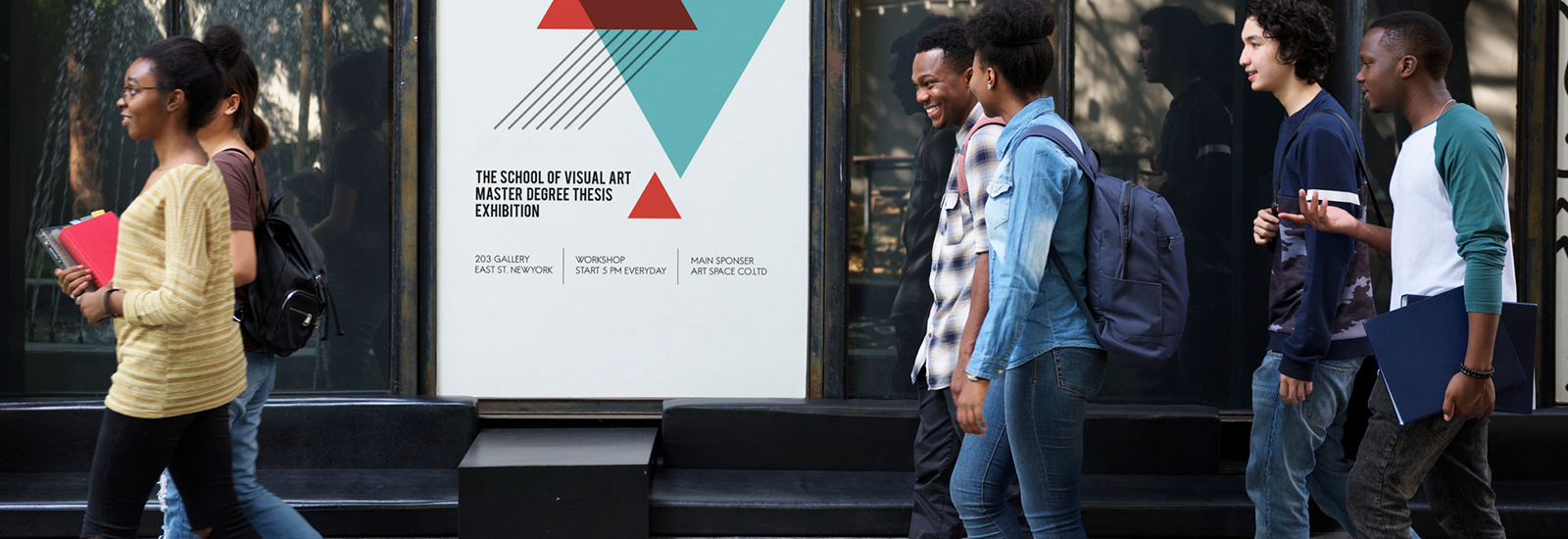
Poster Contest and Oral Presentations
General information
The Universidad Peruana Cayetano Heredia, committed to the generation of cutting-edge knowledge and the development of the country, is organizing the First International Congress on Interdisciplinary Simulation, an event that marks a milestone in university higher education in Peru. This congress seeks to integrate knowledge and foster collaboration among teachers and researchers from various fields such as education, medicine, nursing, dentistry, psychology, veterinary medicine, biomedicine, and engineering, promoting research and educational innovation through posters and oral presentations.
The event offers a platform for sharing national and international research, promoting meaningful learning through innovative simulation experiences. Participants will have the opportunity to present their work and create strategic interdisciplinary alliances, strengthening the exchange of knowledge and fostering the formation of forward-thinking leaders.
Works are accepted in Spanish or English, preferably in the language of the main author. Works must fall into one of the following categories:
Participation categories
Original works (TO)
Works presented at previous events (TP)
Educational experiences(EA)
or
Innovation experiences(EI)
Thematic areas
In order to meet the objectives of the conference, works submitted must fall within the following thematic areas:
- Virtual reality, augmented reality, and the metaverse: Innovative technologies that are transforming the way we interact with the digital and physical world.
- Artificial intelligence in simulation: This line includes studies on how technology and artificial intelligence improve learning in education.
- Innovation in simulation: Creation and improvement of new methods, tools, and technologies to replicate real processes, situations, or environments in a controlled environment, with the aim of providing more effective, realistic, and accessible learning, training, or analysis experiences.
- Low-cost simulation: A simulation approach that seeks to provide an immersive and effective learning experience without the need for advanced or expensive technologies, making it accessible to a wider range of educational institutions, organizations, and individuals.
- Simulation and learning assessment: A pedagogical approach that combines the use of simulated scenarios with assessment methods to measure the development and application of students’ skills, knowledge, and competencies.
- Learning planning: The process by which educational experiences are designed, organized, and structured so that students can achieve established learning objectives.
- Simulation-related topics not described in the previous points.
- Simulation in professional training for specific fields: This technique is used across a wide range of disciplines, allowing individuals to acquire practical skills and solve problems in a safe and controlled environment.
- Simulation in distance learning: The use of virtual environments and interactive technologies to replicate real-world situations, enabling students to learn and practice skills practically and dynamically, even when not physically present in a traditional classroom.
- Simulation in higher and basic education: A powerful educational tool used in both higher education and basic education, adapted to the needs and learning objectives of each level.
- Development of soft skills through simulation: An educational approach that uses simulated scenarios to develop and improve interpersonal and emotional skills such as effective communication, conflict resolution, decision-making, teamwork, leadership, and time management, among others.
- Development and design of simulation scenarios: Refers to the creation of virtual or physical environments where participants can interact and practice skills or make decisions in a controlled context that replicates real or hypothetical situations.
- In-situ simulation: In-situ simulation is a training technique conducted in the actual work environment, with on-site personnel and equipment. It is used to improve safety and reliability in high-risk situations.
- Management of adverse events and their impact on patient safety: Analysis of medical errors and how to prevent them through simulation.
- Training in team management and multidisciplinary work: Simulation of scenarios involving different disciplines.
Submit Proposal
Works must be uploaded in Word format using the specific template.
- Original works (TO) o Trabajos Presentados en eventos previos (TP)
- Educational Experiences (EA) o
Innovation Experiences (EI)
Ensure fulfilled ethical and regulatory requirements.
Registration is done through the SPIRAT platform.
The deadline for receipt of proposals is June 15, 2025. Interested parties should send their proposals in an editable word file format.
Only works that strictly comply with the established regulations will be accepted.
Assessment and Awards
Assessment and Selection Committee
The Assessment and Selection Committee is composed by four members of the Interdisciplinary Simulation Unit of UPCH.
The members of the Assessment and Selection Committee assess the submitted abstracts and verify the category and thematic area of presentation, and through consensus after a review by the Committee, will decide and notify the accepted works and their mode of presentation.
In the case of previous work groups presented that are accepted, these are assigned to a specific research area for oral presentation and are not assessed by the Jury during the event, they do not participate in the competition.
The judges committee submit its assessment to the Assessment and Selection Committee, which processes the results and determines the winners according to the merit ranking.
Judges committee
The Judges committee is composed of two international researchers who are experts in the thematic area of presentation of the research work or experience, and is appointed by the Assessment and Selection Committee.
Review Committee
The Review Committee is composed by two (2) national or international professors or researchers, experts in the thematic areas of the abstracts submitted, and is appointed by the Assessment and Selection Committee. This committee assess the abstracts and suggests which works or experiences should go to a poster or oral presentation.
Awards
A diploma and trophy will be awarded to the 1st and 2nd place in each modality (poster and oral presentation) of the category in competition (original work and experience). Research works that have already been presented in courses, congresses, competitions, among others, are not eligible to compete.










